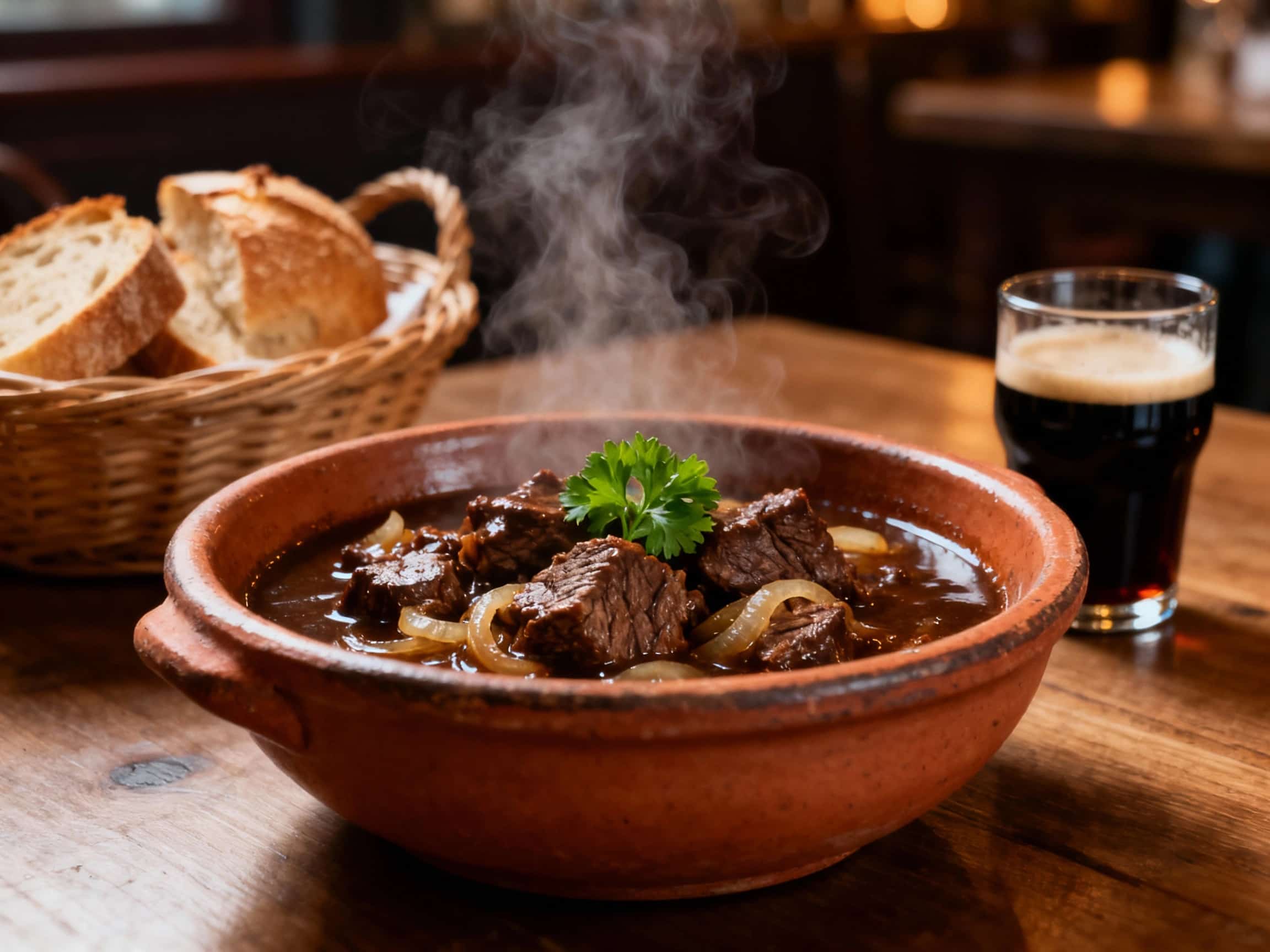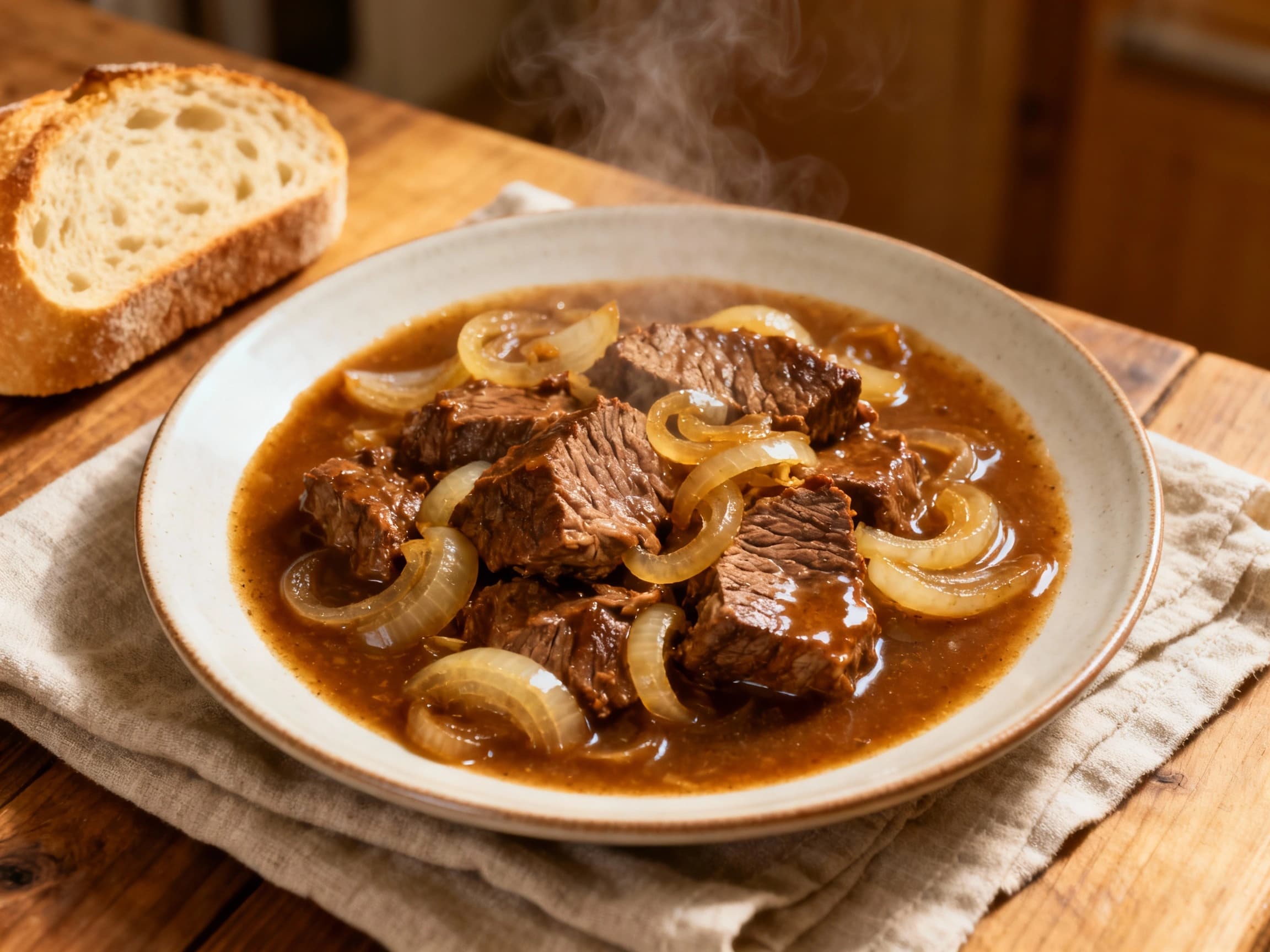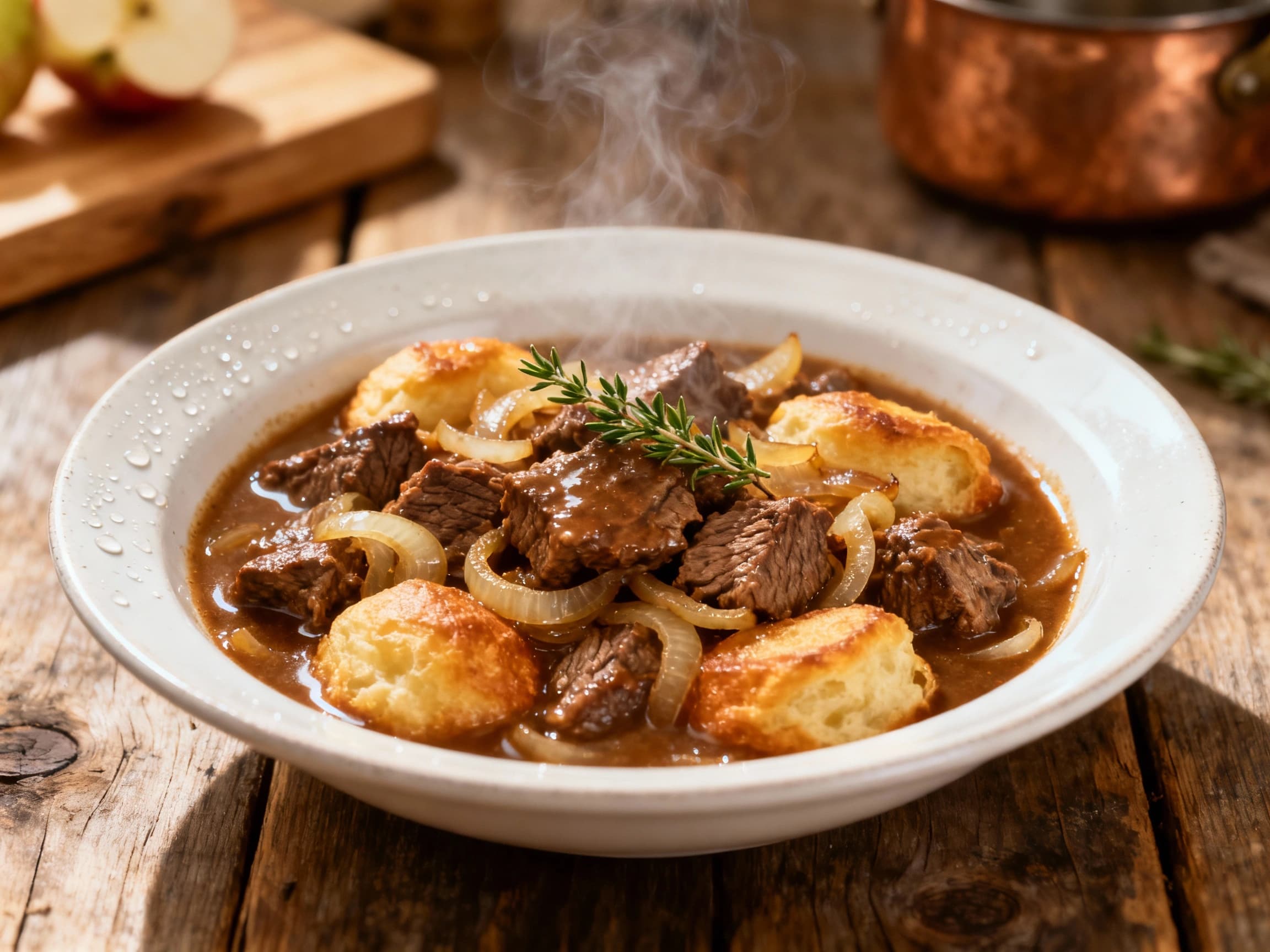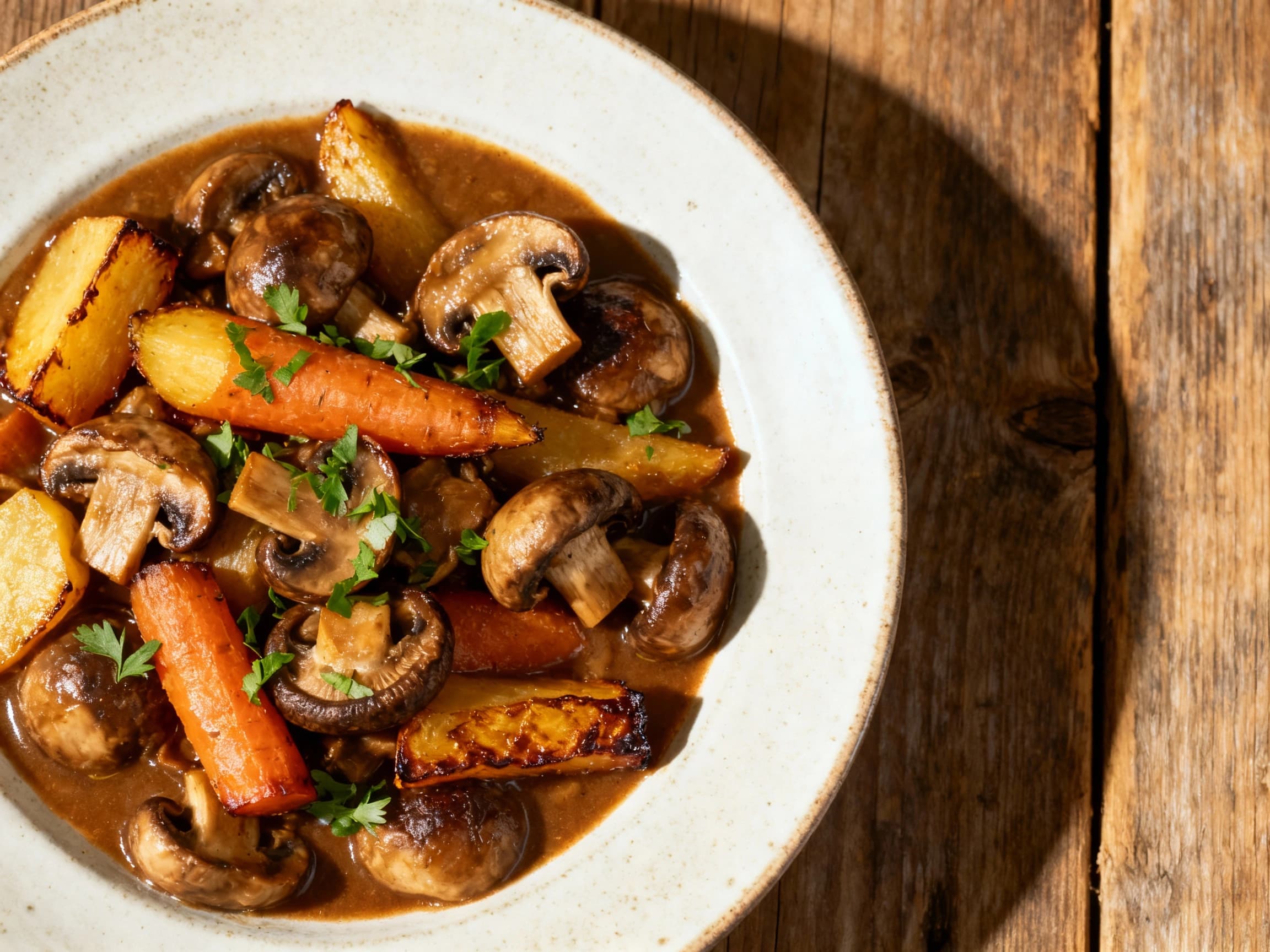
Carbonnade Flamande
Carbonnade Flamande
- Country
- Belgium
- Region
- Flanders
- Recipes
- 3 Recipes
Origins & Characteristics of Carbonnade Flamande
Carbonnade Flamande, often simply called 'carbonnade', is a quintessential Belgian and Northern French stew, deeply rooted in the culinary traditions of Flanders. Its origins are humble, stemming from a way to tenderize tougher cuts of beef through long, slow braising. The characteristic flavor comes from the use of Belgian beer, typically a dark ale or brown ale, which imparts a rich, malty sweetness and a subtle bitterness that beautifully complements the beef. Onions are a crucial aromatic base, slowly caramelized to add depth. While many regions have their own beef stew variations, the Belgian Carbonnade Flamande stands out for its specific use of local beer and its prevalence as a national dish. It's believed to have gained widespread popularity in the 19th century as brewing techniques evolved and beer became more accessible. Throughout history, this dish has been a staple in Belgian homes and bistros, symbolizing hearty, comforting cuisine. Historical mentions place its common preparation from the 1800s onwards, evolving with regional variations in beer and spice choices. It's a dish that reflects the hardworking spirit and rich agricultural heritage of the region, often enjoyed during colder months. The term 'flamande' directly links it to Flanders, a region known for its distinctive culinary identity. It has been featured in countless cookbooks and culinary encyclopedias, solidifying its status as a beloved national treasure.
History of Carbonnade Flamande
Became a popular and widely prepared dish across Flanders
First widely published recipes appear in cookbooks
Belgian breweries begin to specifically market beers suitable for cooking
Described in culinary journals as a signature Flemish dish
Gained international recognition through Belgian culinary tourism


